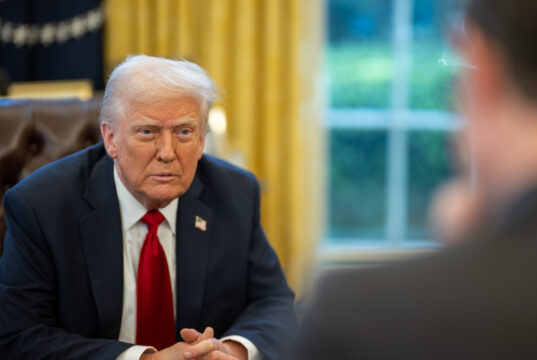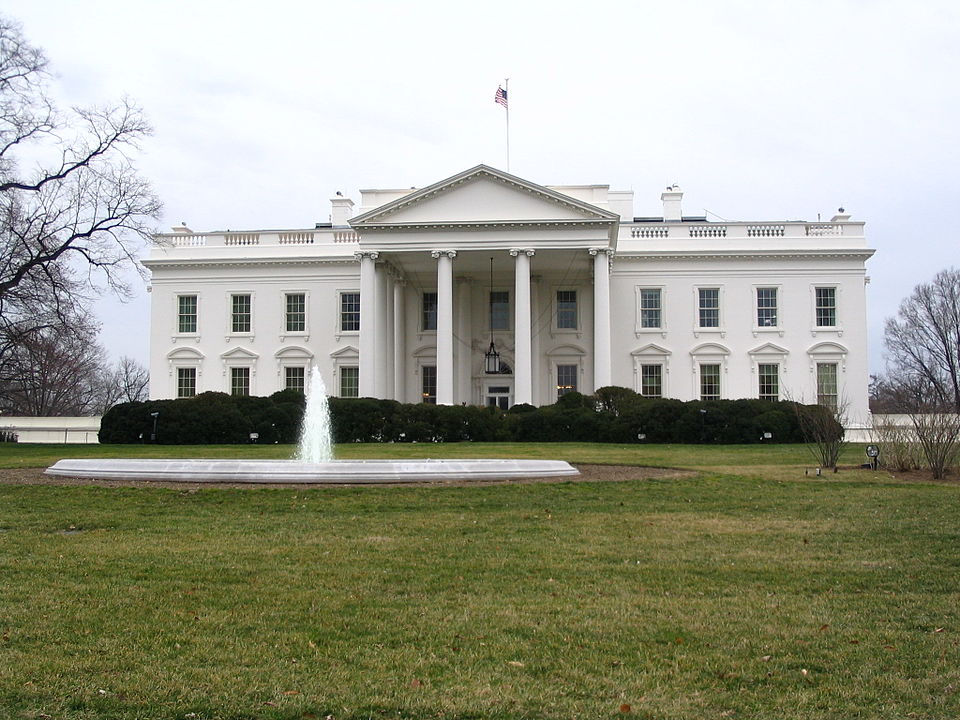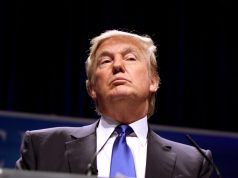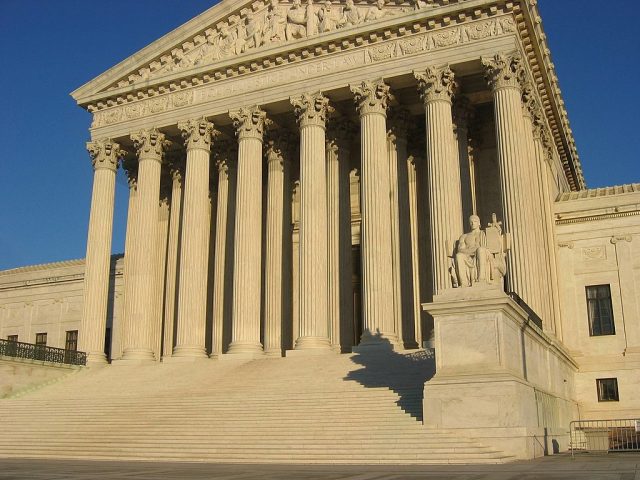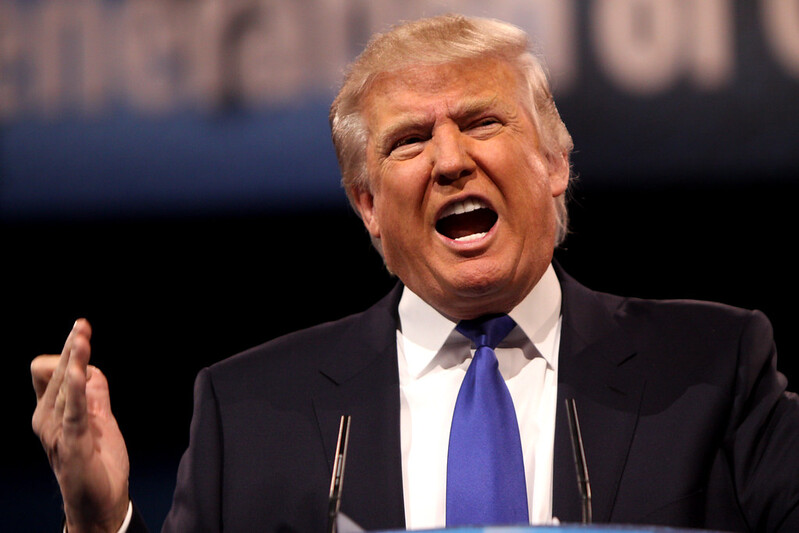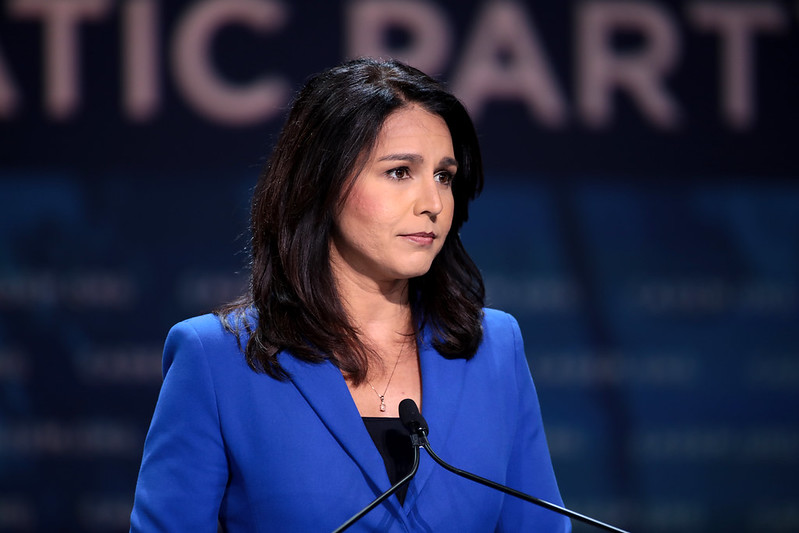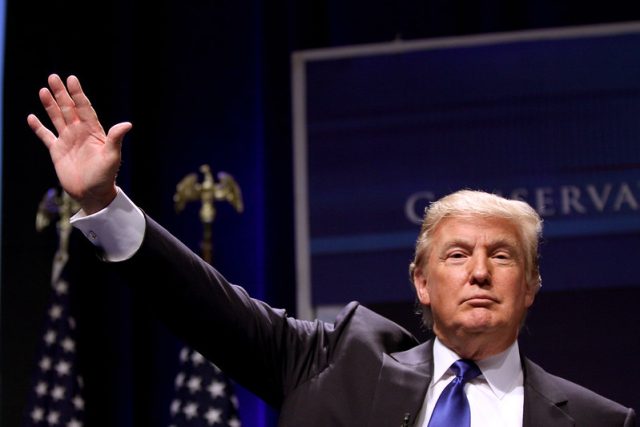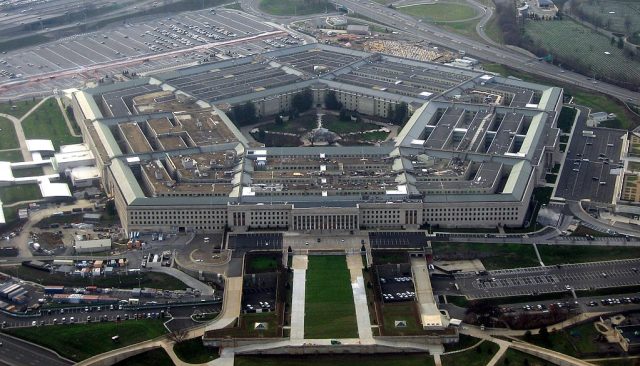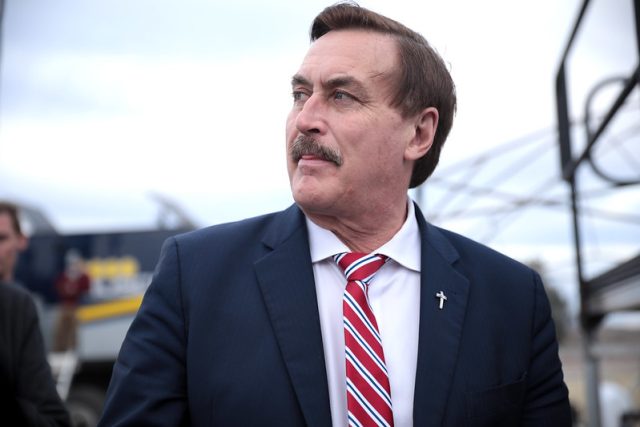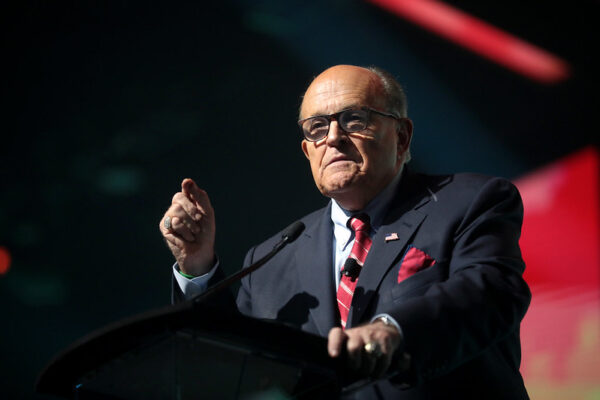Some Democrats are defending President Trump against calls for impeachment for launching attacks on Iran’s nuclear facilities, calling the move the latest example of “trump derangement syndrome.”
The White House launched “Operation: Midnight Hammer” on Saturday and struck three of Iran’s key nuclear facilities. Many Democrats were quick to call the strike “unconstitutional” and suggested that Trump could be impeached over his decision to attack Iran without congressional authority.
Turrentine, who worked under Hillary Clinton when she was a New York senator and former Colorado Gov. Jared Polis when he was in the House of Representatives, wrote on X that Democrats need to back away from talks of impeachment.
“It was too depressing to write this last night, after we got off air, so I went to bed. But, it needs to be said by more Democrats: this was not an impeachable offense, and Trump did not need congressional approval for one precision attack under the circumstances, just as Obama did not when striking Bin Laden,” Turrentine wrote.
He added, “Why can’t our Party just say it’s great we achieved the objective and destroyed Iran’s nuclear sites, god bless the soldiers who carried this out and made it home safely, god bless our country, military, allies, and we look forward to a full intel briefing?”
He argued that Congress can instead “express concern” over what might come next and assert its authority by insisting any additional steps will require congressional approval. Beyond that, he suggested impeachment calls would be a betrayal of one of the party’s principles.
“But, for so many in my Party to knee jerk with unhinged calls for impeachment – and sadly omit in their statement support for Iran not having nuclear weapons, which has been a principle of our Party for 40 years -is truly TDS,” Turrentine wrote.
He also criticized Senate Minority Leader Chuck Schumer for only putting a statement out to the media while several members of his party were already speaking.
In his statement, Schumer called on Senate Majority Leader John Thune to enforce the War Powers Act, writing “[n]o president should be allowed to unilaterally march this nation into something as consequential as war with erratic threats and no strategy.”
Rep. Alexandria Ocasio-Cortez (D-N.Y.) was one of the more high-profile Democratic voices who openly called for impeachment over the weekend.
“The President’s disastrous decision to bomb Iran without authorization is a grave violation of the Constitution and Congressional War Powers,” Ocasio-Cortez said on Saturday. “He has impulsively risked launching a war that may ensnare us for generations. It is absolutely and clearly grounds for impeachment.”
Turrentine is hardly the first Democrat to praise Trump’s bold move. Another former top Democratic staffer and self-identified Kamala Harris voter Jamie Metzl on Sunday shook things up on social media when he posted his support and praised the strike on Iran, lauding President Donald Trump for being bold and saying that Harris wouldn’t have had “the courage” to do the same.
Metzl, who served on the National Security Council under President Bill Clinton and as deputy staff director for the Senate Foreign Relations Committee under then-Chairman Joe Biden began by saying “The world will be a better place if Iran’s nuclear bomb development capacities have been degraded or destroyed.”
“I served on the National Security Council under President Clinton. I was Joe Biden’s Deputy Staff Director of the Senate Foreign Relations Committee,” he wrote. “I voted for Kamala Harris and have been a vocal critic of many dangerous and undemocratic actions taken by President Trump.”
“But,” he said. “I’m not a blind tribalist and am perfectly comfortable praising President Trump for bold and courageous actions in support of America’s core national interests, as he took last night.”
Metzl wrote: “Iran has been at war with the United States for 46 years. Its regime has murdered thousands of American citizens. Its slogan “death to America“ was not window dressing but core ideology. It was racing toward a nuclear weapon with every intention of using it to threaten America, our allies, and the Middle East region as a whole.”
“No actions like this come without risks,” he continued. “I imagine the story will get more complicated over time, but that’s why these types of decisions are complicated.”


